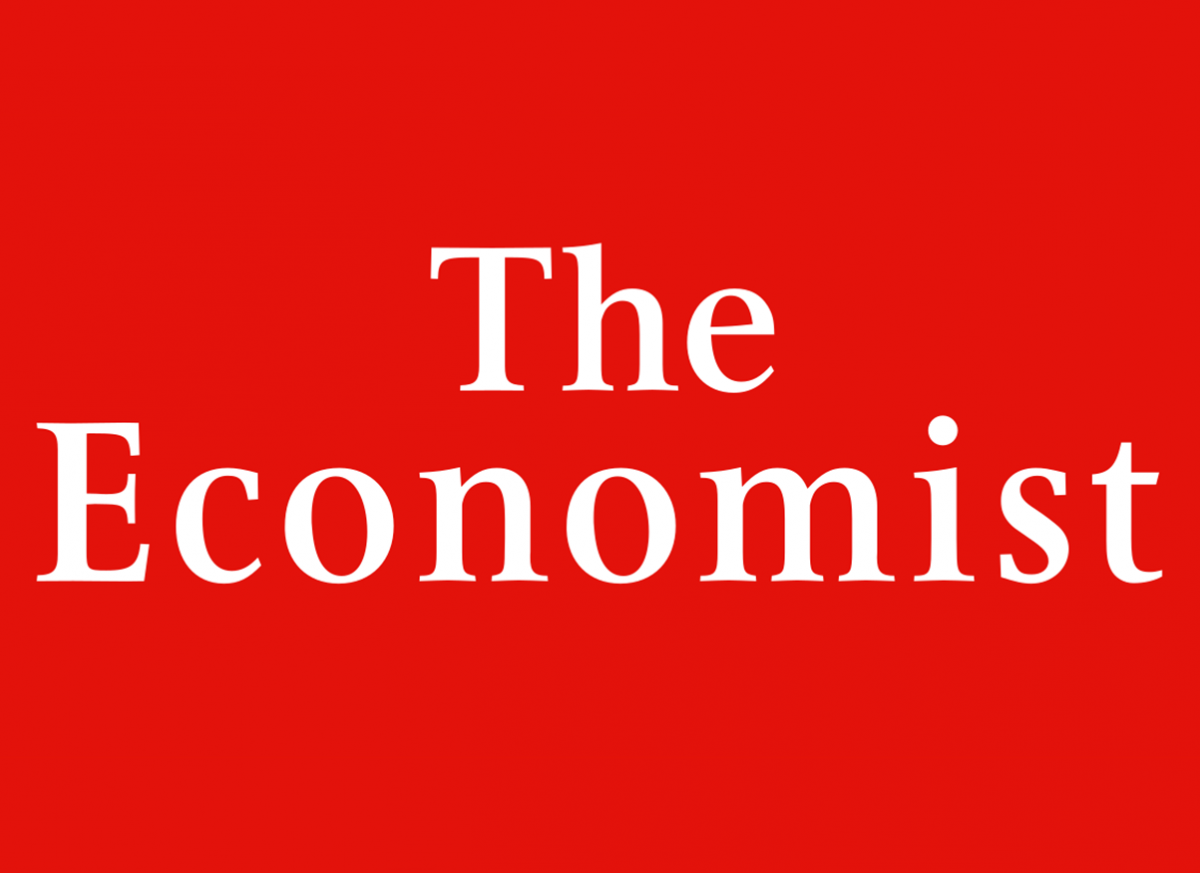Why executive education is booming in Saudi Arabia
The FT covers the Smith School's bespoke courses for the region, which have seen increased demand linked to recognition of the urgency of climate adaptation strategies in the region and cover topics such as carbon capture, resilience to extreme heat, and sustainable cooling.








